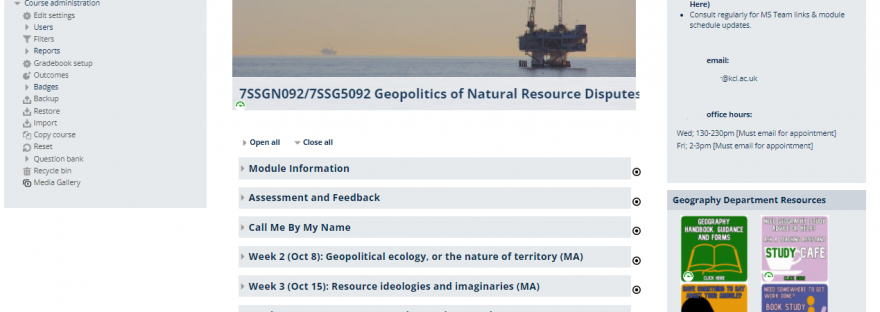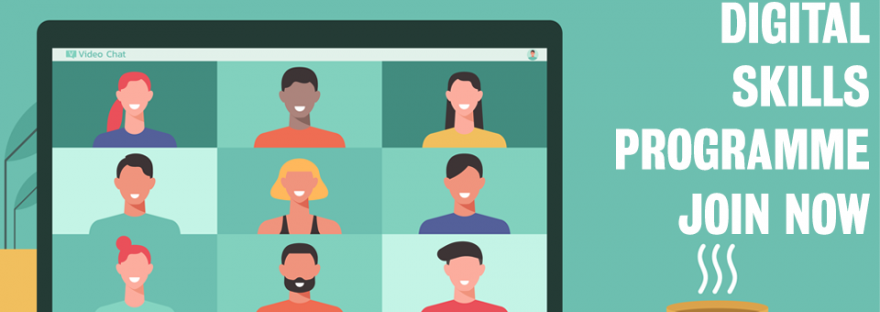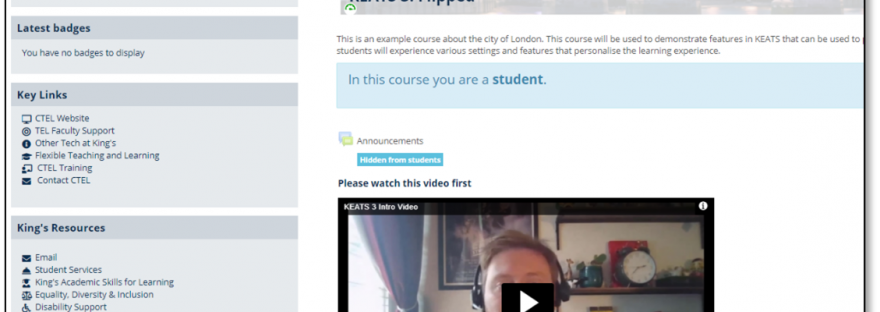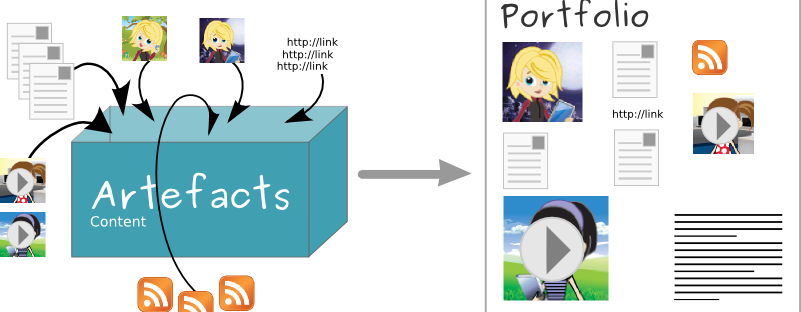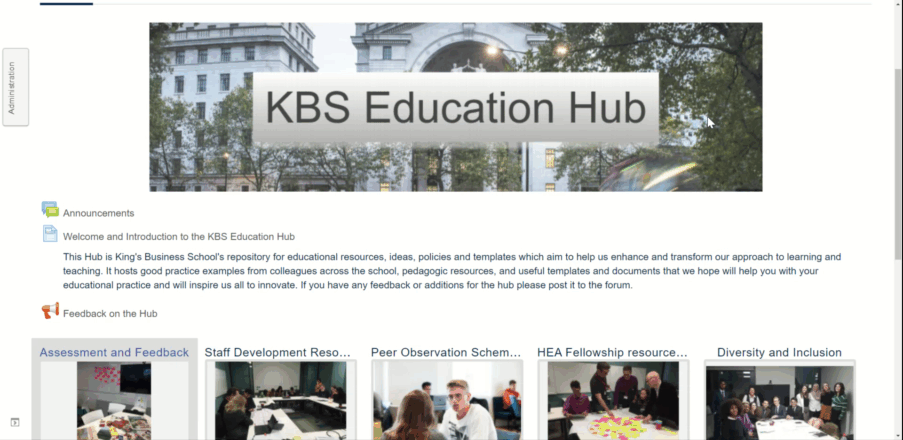The majority of modules in King’s College use the 30/60 credit split. This structure was introduced over 15 years ago for undergraduate modules to replace the “course unit” model. However not all postgraduate modules were also moved to this new structure, meaning there were different credit values assigned to different modules at PG level. Continue reading “Credit Harmonisation at King’s College: Case Study at the Faculty of Social Science and Public Policy”
Tag: KEATS
Preparing students for success in the digital world- The process of creating the Essential Digital Skills Programme
Digital competence and confidence are thought to be critical for success in higher education. However, despite a significant proportion of learning being online and evidence to counter the idea of digital nativity, these critical skills are often not explicitly taught at university. The COVID-19 pandemic outlined why it is so important for students to have the digital capabilities required to thrive in their academic, personal and professional lives. This blog reflects on the process King’s College London went through to create the Essential Digital Skills programme. Continue reading “Preparing students for success in the digital world- The process of creating the Essential Digital Skills Programme”
Using Automation to Facilitate Flipped Learning
With the move to fully online teaching, it soon became apparent the most advanced KEATS (Moodle) training session, KEATS 3: Personalising the Learning Experience, was not appropriate for synchronous delivery. The session was re-designed as a completely flipped session, but attendees would often miss the pre-work instructions. The use of Microsoft Power Automate was explored to automate instructional emails, but the uses of the tool were further reaching than initially considered. Continue reading “Using Automation to Facilitate Flipped Learning”
Tech Test Thursdays for Digital Capabilities
When the Covid-19 pandemic put us fully online, colleagues in King’s Academy needed to expand our repertoire with a range of evolving technologies. Since we lead educational development programmes and sessions, we strive to demonstrate intrepid, successful designs which make best use of our learning environments. In the foreseeable future those environments would be digital. This post gives a rationale for carving out regular time to test things out together, followed by details about how we set this up to be low-maintenance. Continue reading “Tech Test Thursdays for Digital Capabilities”
Using Mahara e-portfolio across Arts and Humanities
Mahara e-portfolios are used across the Faculty of Arts and Humanities (A&H) to broaden the assessment diet, support practical and situated learning and build digital literacies. Increasingly, teaching in A&H lends itself to the use of Mahara as both a site for a product of student learning. This will be of interest to colleagues who are interested in exploring and developing the use of e-portfolios in their own areas. Continue reading “Using Mahara e-portfolio across Arts and Humanities”
King’s Academic Skills for Learning on KEATS
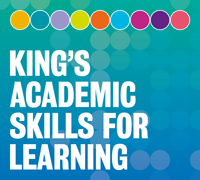 King’s Academic Skills for Learning was launched in September 2019 to provide students at King’s with resources to help them develop their academic skills. Students (and staff) can self-enrol via the KEATS (Moodle) dashboard. Continue reading “King’s Academic Skills for Learning on KEATS”
King’s Academic Skills for Learning was launched in September 2019 to provide students at King’s with resources to help them develop their academic skills. Students (and staff) can self-enrol via the KEATS (Moodle) dashboard. Continue reading “King’s Academic Skills for Learning on KEATS”
Careers & Employability: Creating a KEATS hub
Purpose
Clutter is never fun, be it when it’s the reason you can’t find an email or a long-lost t-shirt, sometimes you need to have a good sort through and re-organisation! Over the years, we had been gathering and developing a lot of careers information and as we accumulated more and more resources across over 10 individual KEATS careers courses, it was time for a de-clutter and sort! Continue reading “Careers & Employability: Creating a KEATS hub”
King’s Business School Education Hub
In May 2019 the King’s Business School launched a KEATS-based bespoke education hub to act as a one-stop central space to support teaching and learning, list key dates and build a vibrant learning community. It responds to concerns that good practice was not being shared effectively, version control of documents was problematic, and there was no repository to support initiatives such as peer review, GTA induction and education strategy projects. The aim is for it to become a powerful vehicle to enhance pedagogic practice, facilitate communication between staff, increase productivity by offering highly efficient and effective tools for educational delivery and share best practice around digital education.
Part 2: Video Lectures for a Partially Flipped Classroom
This article has been divided into two parts. Part 1 is about the Production process and Part 2 discusses Student engagement, feedback, and reflections.
In the summer of 2018, I challenged myself to produce video “preludes” to create a partially flipped classroom for an Organic Chemistry module. This second blog entry covers how the videos were used in the course, student viewing figures and feedback, and where the project might lead in the future. Continue reading “Part 2: Video Lectures for a Partially Flipped Classroom”
Part 1: Video Lectures for a Partially Flipped Classroom
This article has been divided into two parts. Part 1 is about the Production process and Part 2 discusses Student engagement, feedback, and reflections.
In the summer of 2018, I challenged myself to produce video “prelude” lectures to create a partially flipped classroom for an Organic Chemistry module. This first blog entry describes the creation process. Continue reading “Part 1: Video Lectures for a Partially Flipped Classroom”
